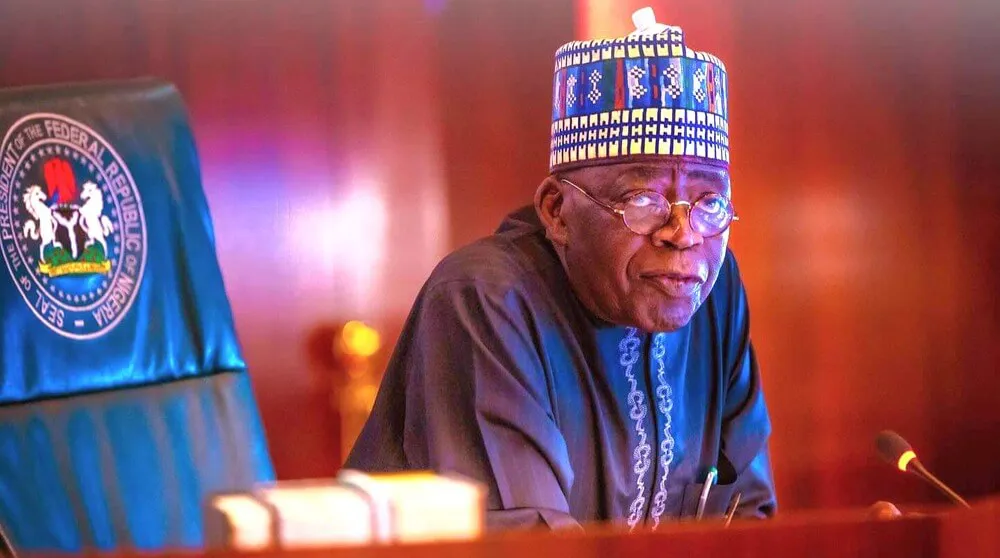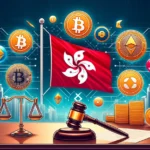In this post:
- The Nigerian Senate Committee on Capital Markets calls for regulating cryptocurrency to protect investors.
- Chairman Osita Izunaso warns that Nigeria’s unclear crypto stance could cause economic losses.
- Nigerian authorities targeted crypto exchange platforms like Binance amid the local currency’s rapid devaluation.
The Nigerian government’s treatment of crypto is causing confusion and frustration among investors. The country’s Senate Committee on Capital Markets has called for cryptocurrency regulation to protect investors and strengthen the local economy.
Despite the government’s attempts to control cryptocurrency trading, Nigerians remain enthusiastic about cryptocurrencies. The Senate Committee on Capital Markets stressed the need for clear regulations on cryptocurrency. According to Osita Izunaso, the committee chairman, regulation is essential since authorities have been unable to stop residents from trading crypto.
Nigeria Can’t Make a Clear Decision on Crypto
Izunaso warned that the country’s unclear position on cryptocurrency could lead to economic losses. He made these remarks after Emomotimi Agama, the new Nigerian Securities and Exchange Commission Director General, appeared before the committee.
Izunaso briefed journalists after screening Agama and three commissioners, highlighting Nigeria’s inconsistent stance on cryptocurrency. Despite having one of the world’s largest crypto markets, Nigeria has not maintained a coherent policy on them.
The Central Bank of Nigeria (CBN) and the Securities and Exchange Commission (SEC) have had differing views on cryptocurrencies. While the SEC has shown a willingness to regulate, the CBN has taken steps to permanently stop crypto trading.

The departure of former CBN governor Godwin Emefiele changed the central bank’s approach to cryptocurrencies, leading to the reversal of the CBN’s anti-crypto directive. However, when the local currency devalued rapidly against the U.S. dollar earlier this year, Nigerian authorities targeted alleged currency speculators using platforms like Binance.
Nigerians Can’t Be Separated From Crypto
The Nigerian government restricted crypto trading by ordering global crypto exchange platforms to delist the local currency. Furthermore, the country took strong measures against Binance, accusing the platform of facilitating currency manipulation. Despite President Tinubu’s administration’s crackdown on peer-to-peer (P2P) cryptocurrency trading, which has caused outrage among many young Nigerians, their love for crypto remains strong.
According to Google Trends, Nigeria, Africa’s largest cryptocurrency market, shows the highest interest in Bitcoin (BTC), followed by El Salvador. Analysis reveals that Delta state leads in Bitcoin interest, followed by Anambra, Ekiti, Enugu, Ondo, Ebonyi, Bayelsa, Osun, Edo, and Imo. Interestingly, Lagos, Nigeria’s commercial hub, is not among the top 15 cities in terms of Bitcoin interest.
The data indicates that areas with insecurity, low bank penetration, and a majority of millennials are more likely to adopt Bitcoin for value storage and payments. Nigerians have also turned to stablecoins, mainly tied to the U.S. dollar, as a hedge against inflation and currency fluctuations.







